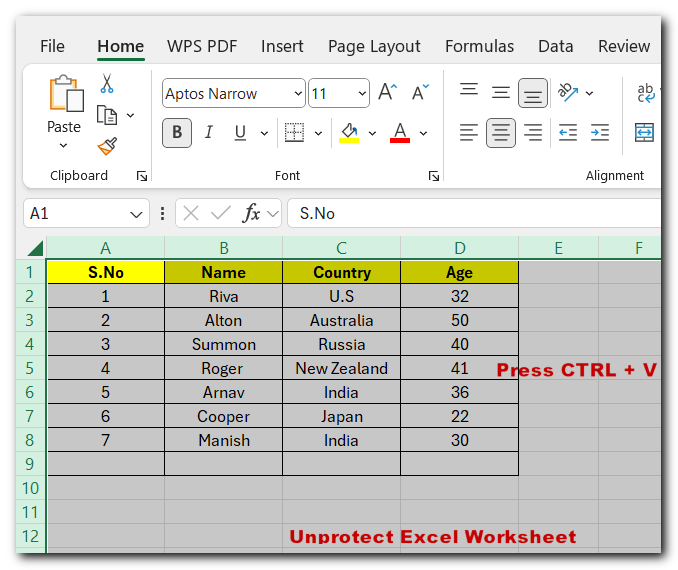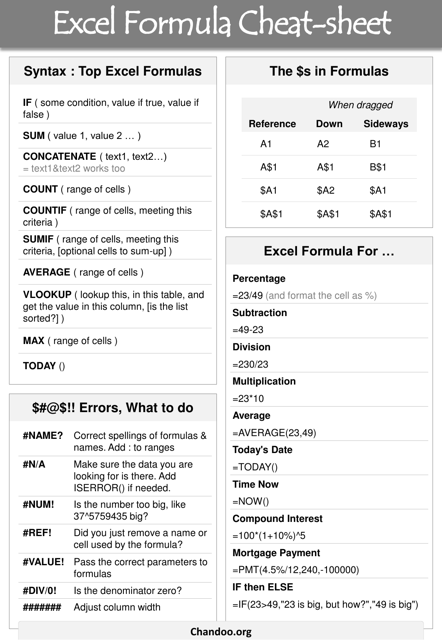Mortgage Paperwork Essentials: What You Need to Know

The journey to homeownership can be both exhilarating and daunting, particularly when it comes to navigating through the dense forest of mortgage paperwork. Understanding what you need to know about mortgage paperwork is crucial not only to secure your dream home but also to ensure you're making an informed financial decision. This blog post will delve into the essential mortgage documents, highlighting their importance, and providing you with the tools to understand and manage this critical part of home buying.
Understanding Mortgage Paperwork

Before we dive into the specific documents, it’s beneficial to understand why mortgage paperwork exists. These documents serve to:
- Verify your identity and financial health
- Secure the lender’s investment in the property
- Ensure that both parties have agreed upon terms and conditions
- Protect the buyer, seller, and lender legally
🔍 Note: Mortgage paperwork is not just for the lender; it helps you as the buyer to understand the deal fully.
The Key Documents

Here are the primary mortgage documents you’ll encounter during your home purchase:
1. Loan Application (1003 Form)


This form collects all the personal and financial information necessary for the lender to make a loan decision. It includes:
- Personal Information (name, address, employment details)
- Assets and Liabilities
- Income and Expenses
- Purpose of the loan
2. Credit Report and Score

Your credit report and score will be assessed to determine your ability to manage debt. It helps lenders:
- Understand your payment history
- Assess your creditworthiness
3. Property Appraisal

Before approving your loan, the lender will require a professional appraisal to:
- Determine the value of the property you intend to purchase
- Ensure the loan-to-value ratio is favorable
4. Title Search and Insurance

A title search verifies ownership and checks for any liens or claims on the property. Title insurance protects against future claims or legal fees arising from disputes over ownership or title defects:
- Owner’s title insurance policy
- Lender’s title insurance policy
5. Mortgage Note

The mortgage note is the legal document where you:
- Promise to repay the loan
- Agree to the terms and conditions of the loan
6. Deed of Trust or Mortgage

This document secures the loan by giving the lender a lien on the property. Key elements include:
- Borrower’s and lender’s names
- Legal description of the property
- Loan amount and terms
7. Closing Disclosure

Within three days of closing, you must receive a Closing Disclosure detailing:
- Loan terms
- Projected payments
- Loan costs
- Cash to close
8. Homeowners Insurance

Proof of homeowners insurance is necessary to protect the investment. Lenders typically require:
- A policy that covers the replacement cost of the home
Preparing for Mortgage Paperwork

To make the process smoother, here are some preparatory steps:
- Organize your financial documents: Collect tax returns, bank statements, pay stubs, and other proof of income and assets.
- Understand your credit: Review your credit report for any discrepancies or areas of improvement.
- Know your loan options: Educate yourself about different mortgage types (fixed, adjustable, FHA, VA, etc.) to choose what’s best for you.
- Prepare for appraisal and inspection: Make sure the property is in good condition to avoid delays or low appraisals.
📚 Note: Keeping all your paperwork organized from the start can streamline the mortgage process and reduce stress.
Wrapping Up

The paperwork involved in securing a mortgage can seem overwhelming, but with a clear understanding of each document’s role, you’re better equipped to navigate this essential step in homeownership. From the initial loan application to the final deed of trust, each document plays a crucial part in ensuring that your home purchase is secure, transparent, and legally sound. Remember, your mortgage lender is there to help you understand these documents, so don’t hesitate to ask for clarification or further details as you go through this journey.
What is the purpose of mortgage paperwork?

+
The purpose is to verify the borrower’s identity and financial health, secure the lender’s investment, ensure mutual agreement on terms, and provide legal protection for all parties involved.
Do I need to understand every detail of the mortgage documents?

+
While it’s beneficial to understand as much as possible, lenders provide summaries and are legally required to explain key elements. If something is unclear, always ask your loan officer for clarification.
Can issues with title search delay my home purchase?
+Yes, if the title search reveals liens, claims, or other disputes, these must be resolved before the lender will issue the mortgage, potentially delaying your closing.



